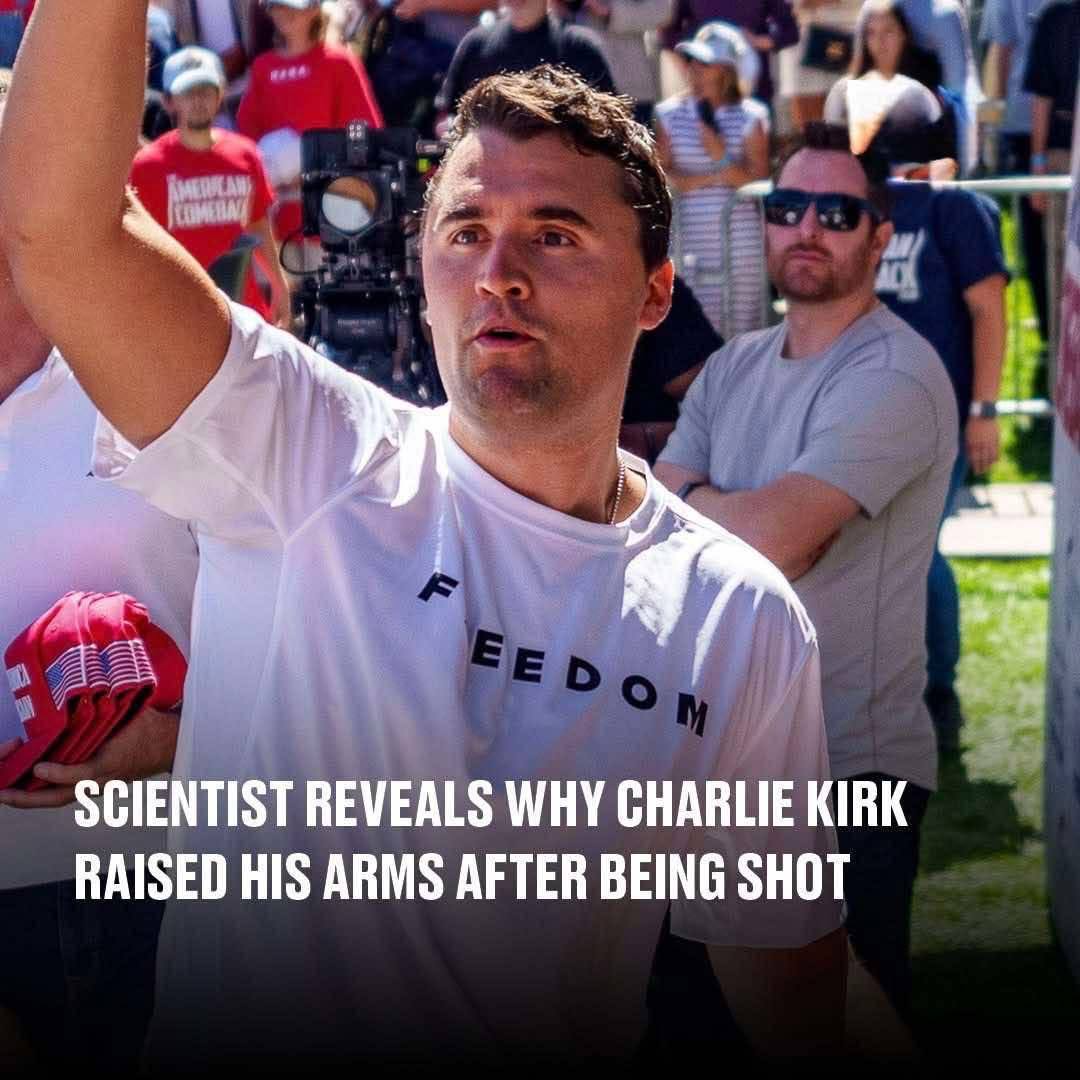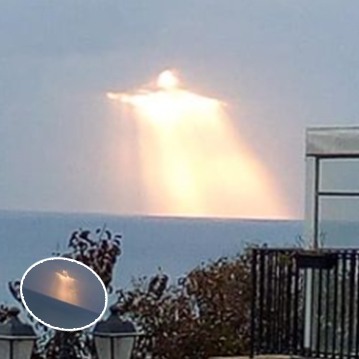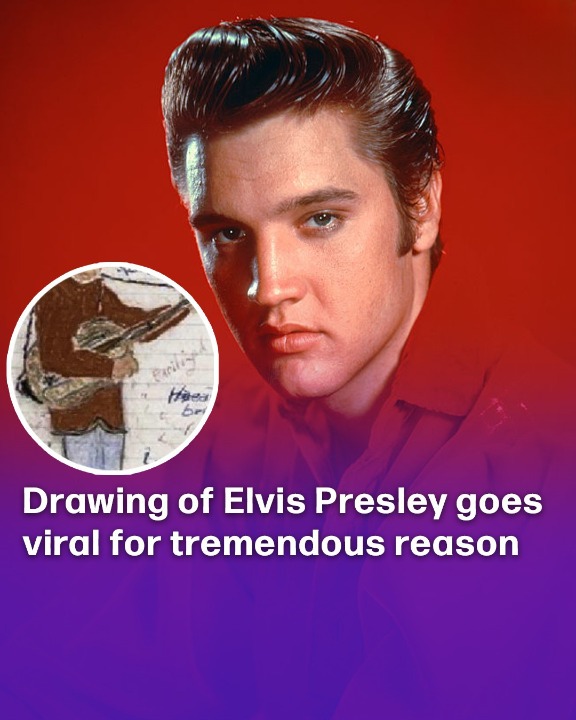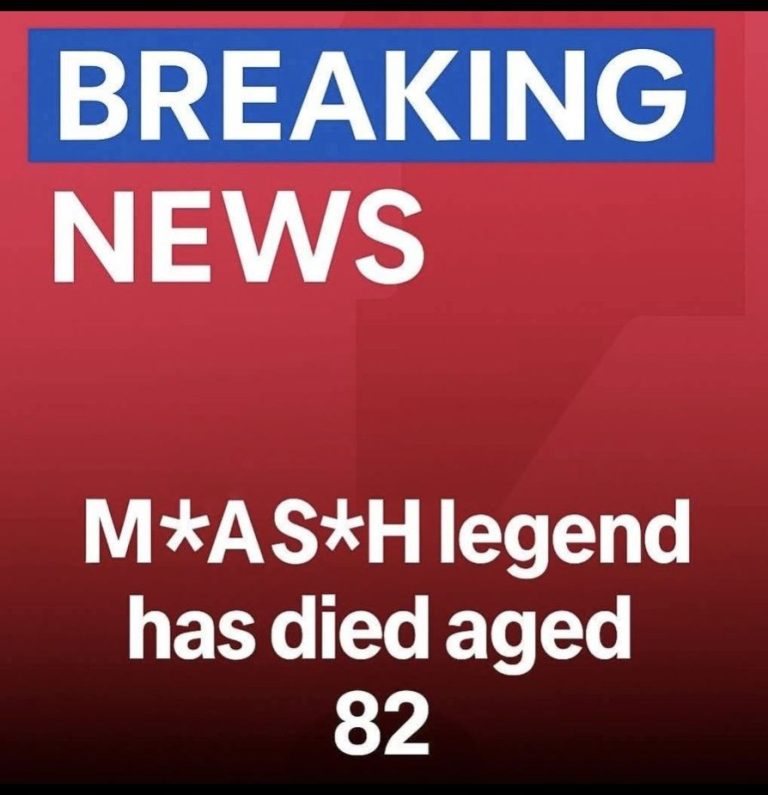Neuroscientist explains why Charlie Kirk raised his arms after being fatally shot
On Wednesday, September 10, Charlie Kirk, the co-founder of Turning Point USA, was fatally shot during a debate at Utah Valley University. The incident occurred in front of an audience of approximately 3,000 people, causing immediate panic and chaos as attendees sought cover and fled the venue.
According to eyewitness Emma Pitts, a reporter for the Deseret News, the scene was one of sudden terror. “We all fell to the ground… and then everyone around us got up and ran,” she described. Law enforcement officials swiftly apprehended a suspect, 22-year-old Tyler Robinson, at the scene.
Authorities allege that Robinson fired the fatal shot from a rooftop roughly 200 yards away from the debate stage. He now faces serious charges, including aggravated murder and felony discharge of a firearm. Utah County Attorney Jeff Gray has announced that prosecutors will seek the death penalty.
Graphic videos of the shooting circulated online, capturing the moment Kirk was struck in the neck. The footage showed him flinching, dropping his microphone, and collapsing as he bled from the wound. His physical reactions in the video became a subject of online speculation.
Some observers suggested his arm movements indicated “decorticate posturing,” a sign of severe brain injury. However, neuropsychologist Derek Van Schaik later analyzed the footage and refuted this theory, explaining the movement was an involuntary defensive reflex.
Van Schaik clarified that a catastrophic loss of blood to the brain typically causes immediate unconsciousness rather than muscle stiffening. He characterized Kirk’s movement as an instinctive flinch, a sudden reaction to being startled.
Using precise digital timers, Van Schaik determined that Kirk was conscious for no more than four-tenths of a second after the bullet impact. This extremely brief interval, he concluded, made it neurologically impossible for Kirk to have felt any pain or fear. Van Schaik stated that Kirk lost consciousness instantly, unaware of what had happened.






